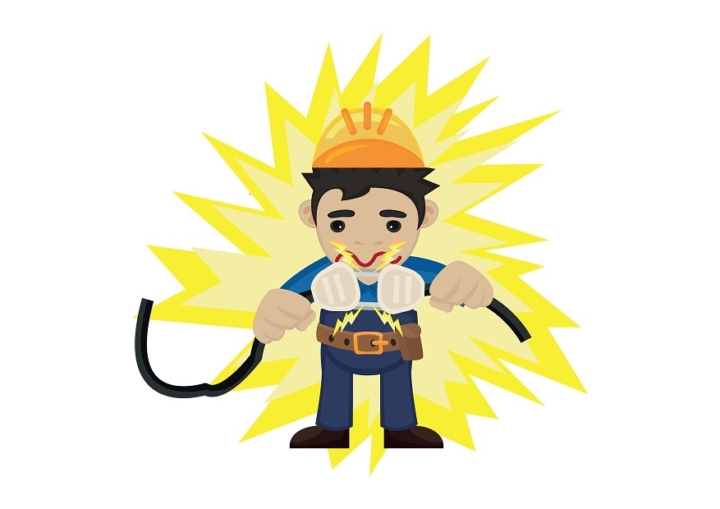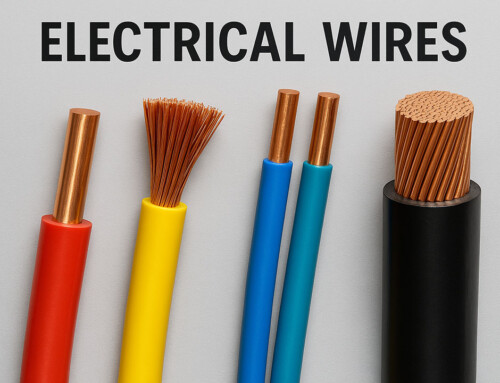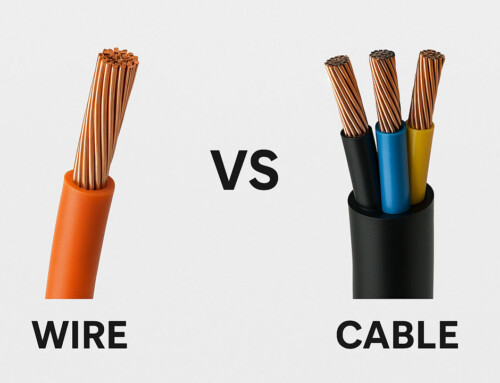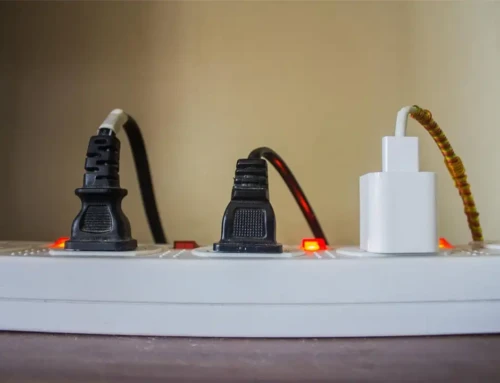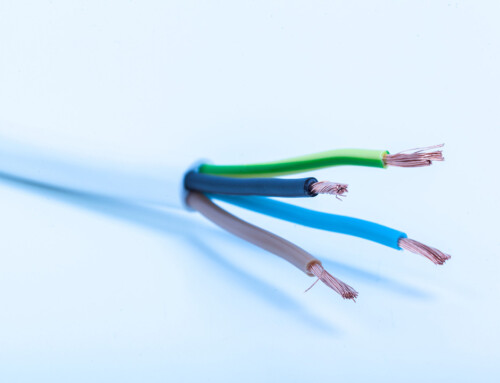Almost every appliance runs on electricity and if it isn’t used properly, it can prove to be an extremely dangerous element. If live electricity touches you or any conductive material, an electric shock can occur. In this article, we will learn how to prevent the electrical shocks.
What Are Common Causes of Electrical Shocks
- Faulty appliances
- Electrical appliances coming in contact with water
- Damaged or frayed cords or extension leads
- Incorrect or deteriorated household wiring
- Downed power lines
- Lightning strike
How to Prevent an Electrical Shock?
- Keep the Appliances Away from Moisture and Water
Do not use electric appliances such as air dryers or cell phone chargers in the bathroom or any place they might come in contact with water. Water is extremely conductive and can lead to an electrical shock. An electrical appliance submerged in water can turn the water body hazardous. Not to mention, the appliance will also get ruined if its near moisture. It might lead to a short circuit as well and if you insist on having one, the bathroom installation experts recommend thorough insulations and GFI outlets to reduce the risk.. - Never Connect or Disconnect Under Load
The circuit is said to be ‘under load’ when an appliance is wired to a circuit and is running. This means that the device is drawing power and the electricity is flowing from the circuit into the appliance and back to the circuit wiring. If you try to unplug the device while it’s on, the flow of electricity might create an arc. This can be very dangerous and give you an electric shock. - Install GFCI Outlets
If you are working with equipment that uses electricity, plug it into a ground-fault circuit interrupter or a GFCI outlet. You may even use a GFCI-protected extension cord. GFCI detects electrical faults and shuts off the power. This prevents you from getting an electrical shock. - Be Careful with Capacitors
Capacitors are found in appliances and equipment that use motors. These include microwave ovens, air conditioners, refrigerators, etc. They store electricity that helps motors start up by giving them a boost at high voltage. You need to be careful with appliances that have capacitors as they can deliver a shock when the appliance is unplugged or circuit power if off. If you don’t know how to discharge the capacitors safely, do not work on appliances with capacitors. - Use Insulated Tools
Always use insulated tools for electrical work. It ensures that you don’t get electrocuted if the tool slips or makes an accidental electrical connection. The amount of exposed metal in insulated tools is minimal, which helps in preventing electrical accidents. - Turn Off the Power
If you are working on a circuit or device, make sure you turn off the power before you start the work. Turn off the appropriate circuit breaker in the breaker box. If you are working on an appliance with a cord, unplug the cord to shut the power to the appliance. - Check for Improper or Faulty Wiring
You need to identify equipment that has faulty wiring or damaged cords and plugs. Improper wiring can transfer electricity from the appliance to you, resulting in shocks. Replace all such items and do not use equipment with improper wiring. Use a circuit breaker box as it makes sure that the power is cut off when high amounts of current flow through a circuit. - Fix Extension Cord Problems
Never use extension cords that are damaged or frayed. Remember to never overload the extension cords beyond its maximum amperage. This refers to the maximum amount of electrical capacity that it can conduct safely.
Electrical work is safe if you take proper precautions. The first rule to follow to prevent an electric shock is to shut off the power. However, some things in the house can create an electric charge even when they are powered off. You must know how to shut down electrical appliances and equipment to prevent electric shock that can occur even when you are not touching any wiring.

